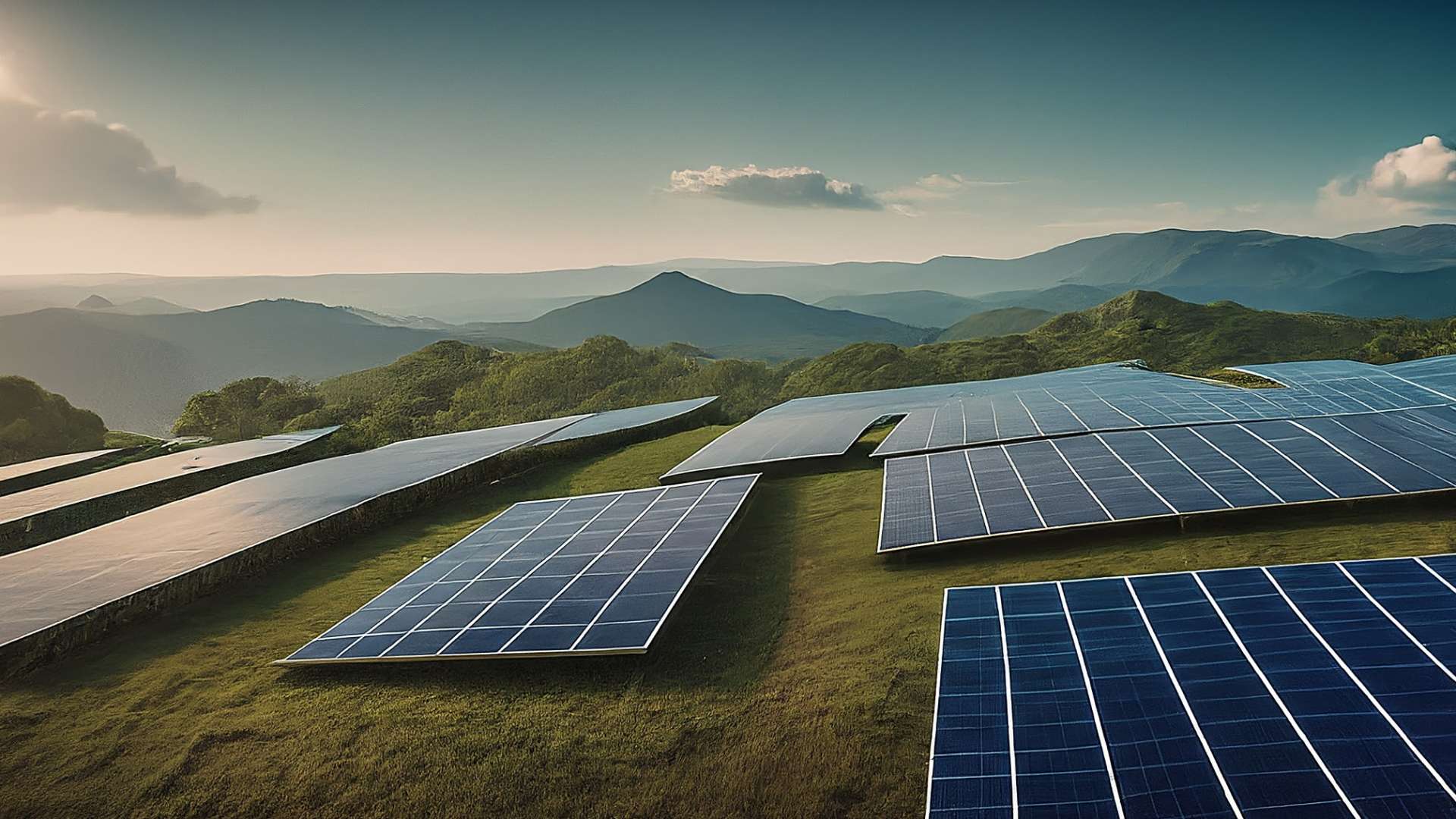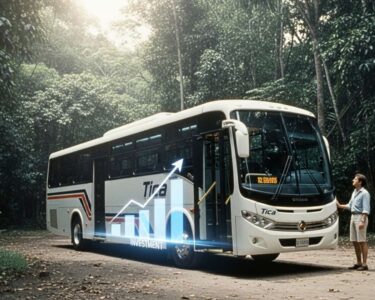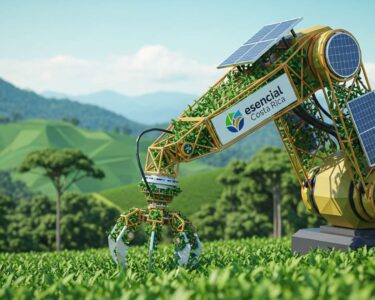San José, Costa Rica — Central America is grappling with an energy crisis that’s impacting economic growth. Power outages, both planned and unexpected, are affecting productivity, costs, and planning for key businesses across the region. The steady flow of electricity is crucial for any productive activity, and interruptions translate into significant economic losses. For example, Honduras experienced over 21,000 hours without power in 2024.
In response to this challenging landscape, major private sector players are increasingly focusing on self-sufficiency through renewable energy sources to reduce vulnerabilities, enhance sustainability, and maintain competitiveness.
To shed light on the legal landscape surrounding renewable energy in Costa Rica, TicosLand.com consulted with Lic. Larry Hans Arroyo Vargas, an expert attorney at Bufete de Costa Rica.
Costa Rica’s commitment to renewable energy is enshrined in law, creating attractive incentives for investment. However, navigating the regulatory framework, particularly regarding land use permits and power purchase agreements, requires specialized legal counsel to ensure compliance and maximize project success.
Lic. Larry Hans Arroyo Vargas, Attorney at Law, Bufete de Costa Rica
Indeed, while Costa Rica’s dedication to sustainable energy presents incredible opportunities, successfully navigating the legal complexities is crucial for any venture to truly flourish. We extend our sincere thanks to Lic. Larry Hans Arroyo Vargas for shedding light on these critical considerations for investors and developers seeking to contribute to Costa Rica’s green energy future.
CMI, a prominent regional conglomerate, has taken significant steps towards energy independence. Karla Martínez, Corporate Affairs and Sustainability Manager at CMI Capital, highlights the benefits of renewable energy, stating that it not only stabilizes costs but also diversifies the energy matrix.
Renewable energies offer key benefits for the operation of any industry. They help keep energy costs more stable over time, which is fundamental in contexts where prices can fluctuate greatly. Additionally, by reducing the carbon footprint, they strengthen the sustainability of products or services, something increasingly valued by clients, investors, and international markets.
Karla Martínez, Corporate Affairs and Sustainability Manager at CMI Capital
CMI has installed over 12,000 solar panels across its food operations in the region – on farms, plants, and mills – with some facilities generating up to 70% of their energy consumption from these installations. In El Salvador alone, they have 7,806 solar panels, including a recent installation at their restaurant distribution center generating nearly 15% of its energy needs.
Walmart Central America is also embracing renewable energy with an ambitious plan aligned with its global objectives: transitioning to 100% renewable energy operations by 2035 and achieving zero emissions by 2040. Their strategy includes expanding photovoltaic systems across stores, plants, and distribution centers; improving energy efficiency; incorporating clean technologies; and promoting electric mobility, including their fleet of over 90 electric vehicles.
The energy strategy contemplates the expansion of photovoltaic systems in our stores, plants, and distribution centers, the improvement of energy efficiency at all levels of our operation, the incorporation of clean technologies, and electric mobility, including our fleet of more than 90 100% electric vehicles.
Marco Murillo, Sustainability Manager at Walmart Central America
In Costa Rica, Panduit emphasizes the critical nature of a stable and efficient power supply for manufacturing, particularly in the technology sector, where even brief interruptions can disrupt equipment, processes, and delivery times. Panduit’s Costa Rican data center operates on renewable energy, connected to a grid primarily composed of hydroelectric, geothermal, wind, biomass, and solar sources.
In our case, more than 70% of the plant’s carbon footprint is related to electricity consumption. Thanks to the fact that we operate with a mostly clean energy matrix – as is the case in Costa Rica – the CO2 emission factors for each unit of energy consumed are extremely low.
Rubén Guevara, Plant Manager at Panduit Costa Rica
For Grupo AG, a metalworking company, energy availability is also paramount. After a phase of self-production with diesel in the 1990s, the company shifted to procuring energy from various sources in the Guatemalan market, securing long-term contracts for over 50% of their supply from renewables.
For further information, visit cmi.co
About CMI:
CMI is a multinational corporation focused on the food and real estate industries, operating across Central America and the Caribbean. They are committed to sustainable practices and have invested heavily in renewable energy to power their operations.
For further information, visit walmart.com
About Walmart Central America:
Walmart Central America is a major retailer operating in the region, committed to sustainable practices. They have implemented an ambitious plan to transition to 100% renewable energy and achieve zero emissions.
For further information, visit panduit.com
About Panduit:
Panduit is a global provider of network infrastructure solutions, including data centers. Their Costa Rican operations benefit from the country’s clean energy matrix, minimizing their carbon footprint.
For further information, visit the nearest office of Grupo AG
About Grupo AG:
Grupo AG is a metalworking company operating in Guatemala. They prioritize energy efficiency and have transitioned to procuring a significant portion of their energy from renewable sources.
For further information, visit bufetedecostarica.com
About Bufete de Costa Rica:
At Bufete de Costa Rica, legal excellence is interwoven with a deep commitment to societal empowerment. Through innovative approaches and a steadfast dedication to integrity, the firm champions accessible legal knowledge for all. Serving a diverse clientele with unwavering professionalism, Bufete de Costa Rica continues to shape a more informed and just society, building a legacy of positive impact within Costa Rica and beyond.









